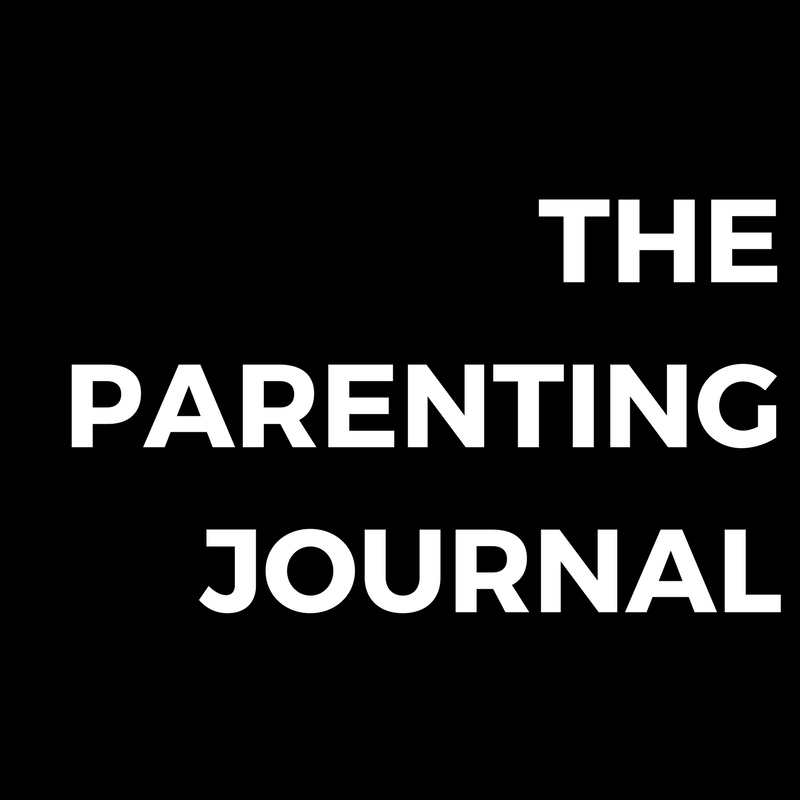Study finds that less than half of American preschool teachers teach anything related to "science"
Why care?
It's critical for our children's success. Robots and computers are replacing many jobs but will not be replacing those that require critical thinking and scientific discovery in the next fifty years.
"Now more than ever, scientific literacy (i.e., systemizing methods, engaging in critical comparison, utilizing research to inform practice) has been recognized as vital for the 21st-century workforce." [1]
Okay, so is school preparing our children to think scientifically?
Sadly, No.
In 2015, only 38% (~4 out of every 10 kids) of U.S. fourth-graders were proficient in science. [2]
Why, not?
Studies suggest that teachers do not feel comfortable with "science" themselves nor know how to teach it.
When comparing preschool teachers' self efficacy on literacy, math and science, preschool teachers were most comfortable with their knowledge regarding literacy, and reported that they did not know as much about science or math.
This study on the preschool classroom found that across these subjects:
Literacy: nearly every preschool classroom engaged in learning literarcy 3 to 4x a week
Math: 8 out of 10 preschool classrooms engaged in learning math 3 to 4x a week
Science: only 4 out of 10 preschool classrooms engaged in learning science 3 to 4x a week [3]
One teacher in the study said,
“I’m not really very good at science. I had to take a few science courses along the way, but I don’t really know how to include more science in children’s everyday learning.” [4]
Okay... so what to do?
- Ask your child's teacher what science they did this week in the classroom. If your child is not getting enough science in the classroom due to lack of teacher training in the subject or lack of good classroom materials, being aware of the problem and its existence is the first step in fixing it.
- Encourage your child's questions about animals/the world. Use echo questions... ask follow up questions. Keep your child engaged in her line of questioning. If you don't know an answer, ask the google.
- Get kid library books or buy books about science/animals/space. Here's a science book list for preschoolers.
- Physics can be pretty hands on and fun. Check out the video below on fun and easy at home experiments.
[1] National Research Council, 2010 [2] National Assessment of Educational Progress [3] Early Childhood Educators’ Self-Efficacy in Science, Math, and Literacy Instruction and Science Practice in the Classroom [4] ibid.


iQtVgdZEKRa
WHfMearciI
fznyakSOmbHu
vcsZtikVx
fMdtRDLvC